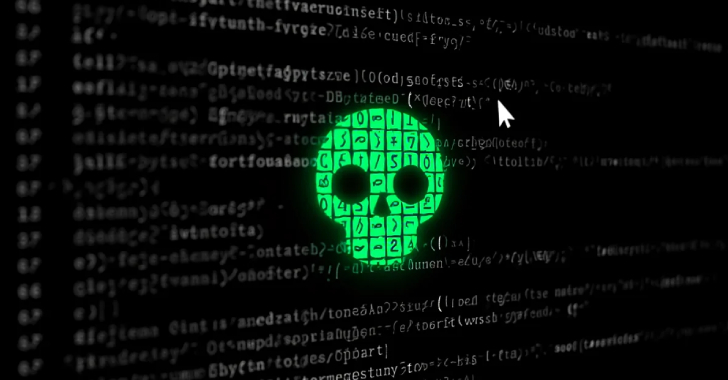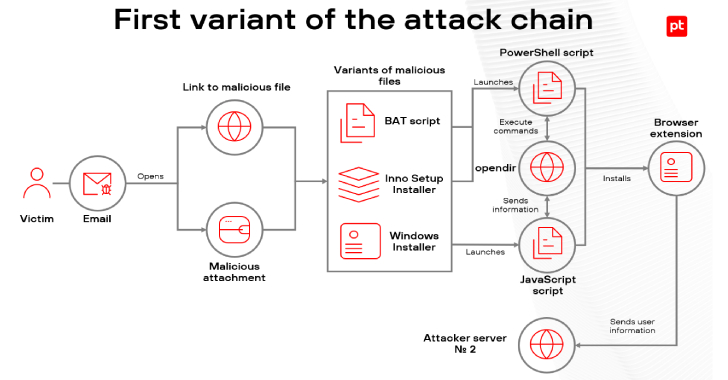The Computer Emergency Response Team of Ukraine (CERT-UA) has revealed that no less than three cyber attacks were recorded against state administration bodies and critical infrastructure facilities in the country with an aim to steal sensitive data.
The campaign, the agency said, involved the use of compromised email accounts to send phishing messages containing links pointing to legitimate





